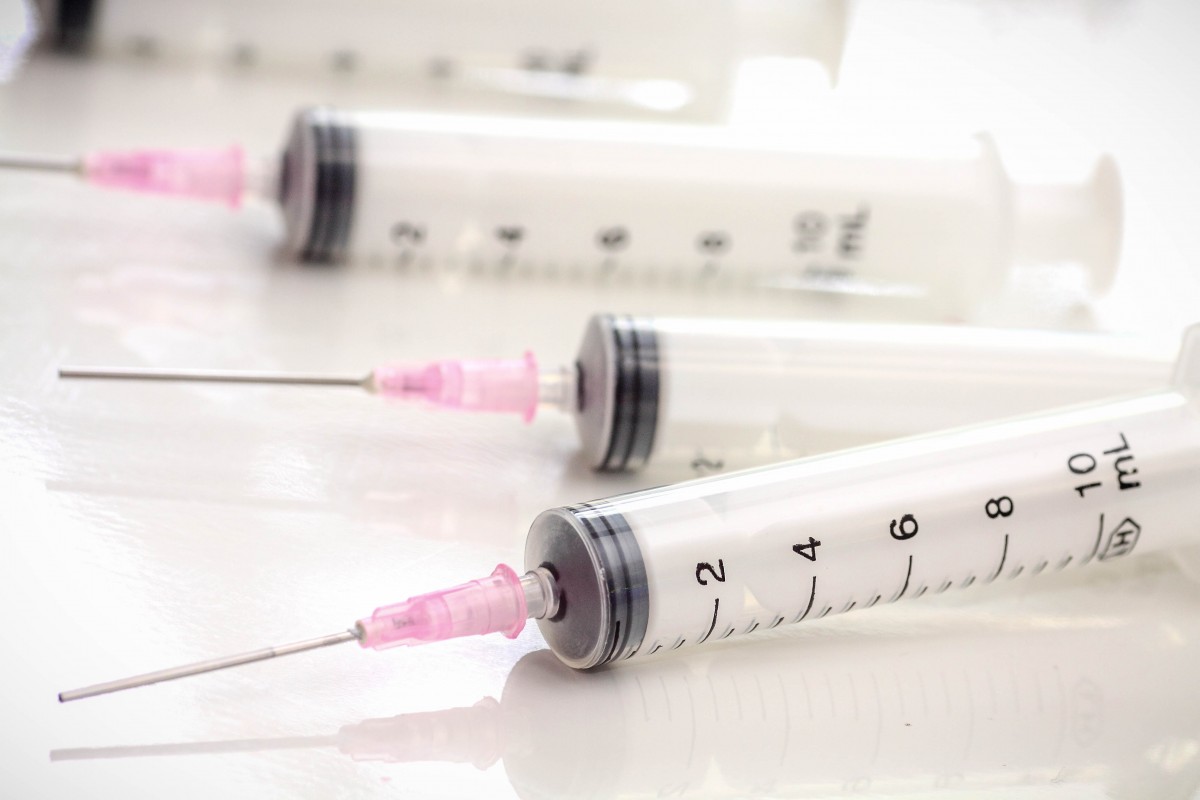MORGANTOWN — Rabies has been confirmed in Monongalia County for the third time in less than six months, according to the Monongalia County Health Department (MCHD).
A woman in the National area was bitten by a stray cat Nov. 23 when she attempted to pet it, an MCHD press release stated. The incident took place within a three-mile radius of where two rabid raccoons were discovered over the summer, the release said.
The cat was taken to a veterinary officer where it bit a staff member. The cat was killed and its head sent to Charleston for testing, the release said.
The woman had received two shots of rabies vaccine before the results came in positive for rabies Tuesday, the release stated. The rabies vaccine usually includes four rabies shots over 21 days and a dose of human rabies immune globulin.
The rabies immune globulin offers protection from rabies while the body makes its own antibodies from the vaccine, Dr. Lee Smith, county health officer and executive director of MCHD, said.
He said it’s unusual to have so many rabies in the region in the same year.
There are only about 5,000 reported cases of animals with rabies in the United States a year and typically between one and three cases of confirmed rabies in humans, Smith said.
The disease, which targets the nervous system and works its way to the brain, where it’s then fatal, is more common in countries like India and other parts of Asia and Africa, Smith said.
Western countries typically vaccinate their pets, which helps to stop the spread of rabies, he said.
Just because its uncommon, doesn’t mean people should let their guard down, Smith said.
He said feeding wild or stray animals is not in the interest of the greater good and doing so can allow the animals to establish a feral colony and provides more opportunities for rabies.
“We really want to emphasize people should get their pets vaccinated against rabies,” Mary Wade Triplett, public information officer for MCHD, said. “It’s the law, and it also makes a lot of sense both for their protection and yours.”
Rabies is common in bats and raccoons, but any mammal can be a carrier of the disease, Smith said.
The disease is transferred through saliva and scratches, he said.
If someone is bitten by an animal they suspect is rabid, the first step is to thoroughly wash the wound with soap and water, Smith said.
Next, the bitten person should see a doctor.
“It’s urgent, not emergent,” Smith said.
There’s about a seven-day window to start treatment, he said.
Animals with rabies will often act funny or show unprovoked aggression, Smith said. Animal control should be alerted to try and capture an animal who bites a human, he said.
Even just waking up in a room with a bat, a common carrier, is reason enough to go get checked, he said.
WDean@DominionPost.com
Twitter @WillDean_DP




